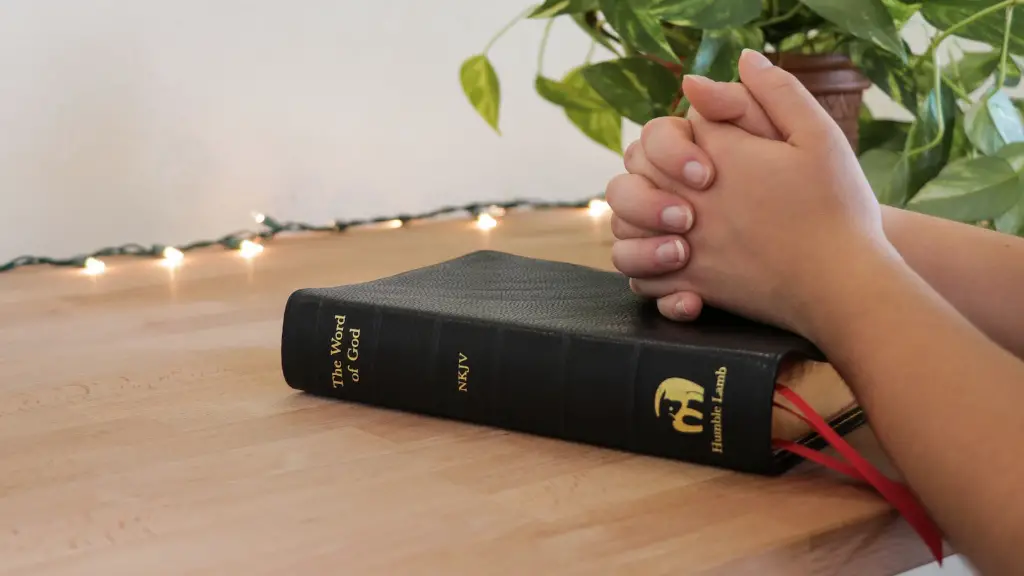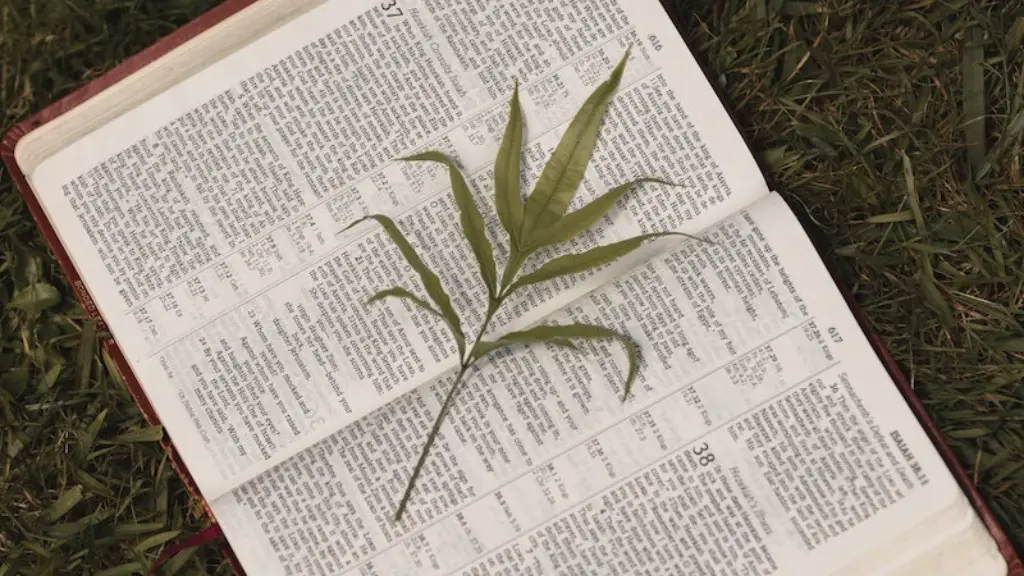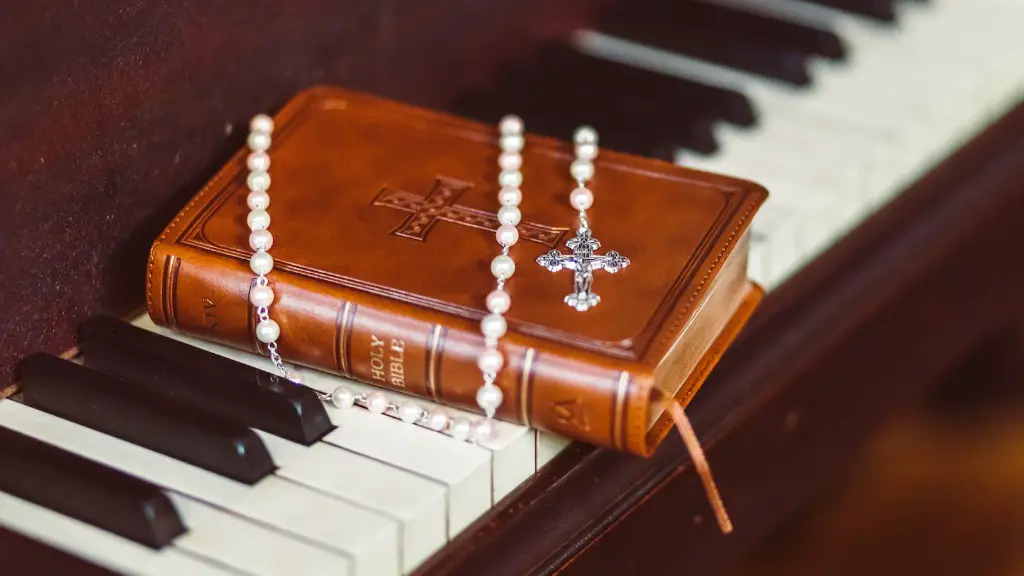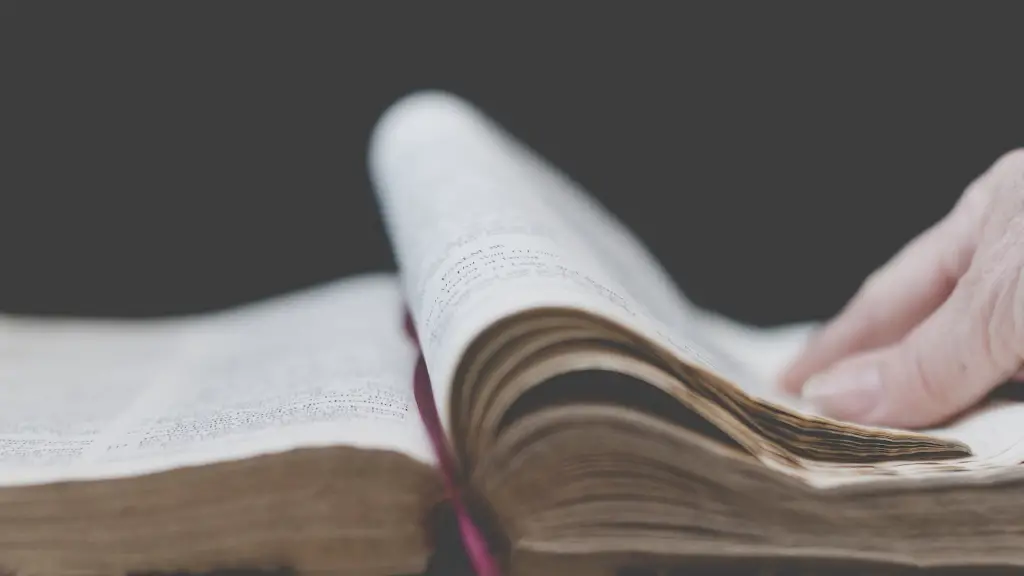Origin
Boaz, a character in the Bible, is identified as the great-grandson of Perez and Ruth’s father-in-law. The Book of Ruth in the Old Testament provides a brief account of his life. Boaz was a wealthy and wise member of the tribes of Judah and Benjamin. According to the book of Ruth, Boaz was described as a “mighty man of wealth” (Ruth 2:1). He was raised with a deep loyalty to his ancestors and is noted for his generous and righteous acts, especially for his kindness to his relative Ruth.
Role In The Book Of Ruth
In the book of Ruth, Boaz was portrayed as a generous and righteous man, known for his fair and humane treatment of all individuals. Boaz was an eligible bachelor and a wealthy landowner from the town of Bethlehem. He encountered Ruth, a Moabite girl who had fled to the country of Judah with Naomi, Ruth’s mother-in-law. Boaz was so impressed with Ruth’s kindness and her determination to help Naomi that he allowed her to glean his fields.
Ruth was eventually revealed to be a relative of Boaz, and Boaz took her under his protection. Under the Mosaic law, Boaz had the legal right to marry Ruth, which he did. The couple had a son, Obed, who was the grandfather of King David. This relationship established Ruth as an exemplar of faithfulness, loyalty, and trustworthiness in the Scriptures.
Boaz And The Redeemer Of Naomi’s Land
After Naomi’s husband Elimelech died, the family was left without a male heir to protect their inheritance. The law of redemption required that Elimelech’s estate be redeemed by a relative to ensure its protection. Boaz acted as the redeemer of Elimelech’s land, fulfilling the role of ‘kinsman redeemer’ under the Mosaic law. This inheritor had to pay the family a certain price for the land and take responsibility for it. Boaz acted with great respect and supported Naomi, Ruth and the other widows in spite of their disadvantaged position.
Symbolic Significance
The Book of Ruth provides a contrast between Boaz and Naomi’s other potential redeemer, a wealthy rancher who was unwilling to follow the law of redemption. Boaz was portrayed as an ideal example of generosity and justice, and his story has a powerful symbolic significance. Boaz symbolizes the messianic hope of the Jews and Christians, and embodies God’s love and merciful redemption. He draws a contrast between true righteousness and mere worldly wealth and demonstrates that loyalty, justice, and faithfulness are greater values than wealth and power.
Hospitality
Boaz is also known for his hospitality. He invited Ruth to eat from the bread in his fields and drink from the wine in his cellar. He provided her and the other gatherers with ample food and drink and made sure they were safe throughout the day. Boaz welcomed Ruth, who was previously a stranger to him, into his own home and treated her with respect and kindness.
Examples For Modern Times
Boaz’s story serves as an example for people today about the importance of caring for those in need, upholding justice and acting with integrity and faithfulness. Whether it is donating to charity, taking care of the vulnerable, or leading with justice and integrity, Boaz’s story is a source of inspiration for modern times.
Involvement In Religious Traditions
In various religious traditions, Boaz has become a symbol of kindness, justice and righteousness. He is highly revered in Judaism, Christianity and Islam for his noble character and acts of justice and mercy. He is also mentioned in the Bible on occasions as “Boaz who performed acts of kindness” or as “Boaz the Man of Kindness”, emphasizing the role of kindness in his story and his life.
Introduction Of Christianity
In Christianity, Boaz plays a special role in the incorporation of Ruth, a Moabite, into the Jewish people. By marrying Ruth, Boaz not only allowed her to enjoy the legal protections of marriage and the inheritance rights of a wife, but he also made a statement that Moabites were included in the faith of Israel. His marriage to Ruth also pointed ahead to the arrival of Jesus, the messiah from the line of David, and the inclusion of gentiles in the faith of Israel.
Descendents
Boaz’s marriage to Ruth marked the beginning of the descendants of the great-grandson of Perez, his line continuing to the present day. Boaz is still recognized for his good deeds, his faithfulness, and his kindness. His story contains an important message about the power of loyalty, justice and faithfulness, which encourages readers to demonstrate the same values today.
Legacy Of Justice
Throughout his life, Boaz served as a model of justice and faithfulness. He acted in accordance with the law of redemption and upheld the right of redemption for Elimelech’s land. He ensured that the rights of the vulnerable were respected and that they would not be abused or neglected. He provided a living and loving example of mercy and justice that still serves to inspire people of faith today.
Ruth’s Transformation
Ruth’s transformation from a foreign widow to a respected member of Israel was thanks in part to Boaz’s kindness and support. His decision to marry Ruth and protect her from injustice marked a turning point in her life and introduced a new era of acceptance and inclusion in the Scripture. Boaz’s willingness to accept and care for Ruth, and his recognition of her kindness and determination, signaled the start of a new understanding of the value of foreigners, gentiles and others seeking justice.
Transformation of Women Rights
Boaz’s story is noted for its contribution to the understanding and advancement of women’s rights in antiquity. Ruth’s example as a female, foreigner and widow is an inspiring and powerful model of faith, loyalty and courage that suggests that, in all her needs, Ruth was recognized and cared for by Boaz. In particular, Ruth’s transformation was characterized by her generation of security, safety, justice and freedom. Through Boaz’s example, women’s transformation was complete, and the legacy of Ruth can still be seen in the advancement of women’s rights today.
Economic Legacy
The story of Boaz is a powerful example of the importance of fair and honest commerce and the role of a generous spirit in economic activity. Not only did Boaz ensure that Ruth received fair wages for her work in his fields, but he also ensured that she was provided with an adequate supply of food and clothing. Boaz ensured both economic justice as well as economic stability for Ruth even in her precarious economic situation. His economic legacy is a reminder that economic activity should be driven by fairness, honesty and generosity.



